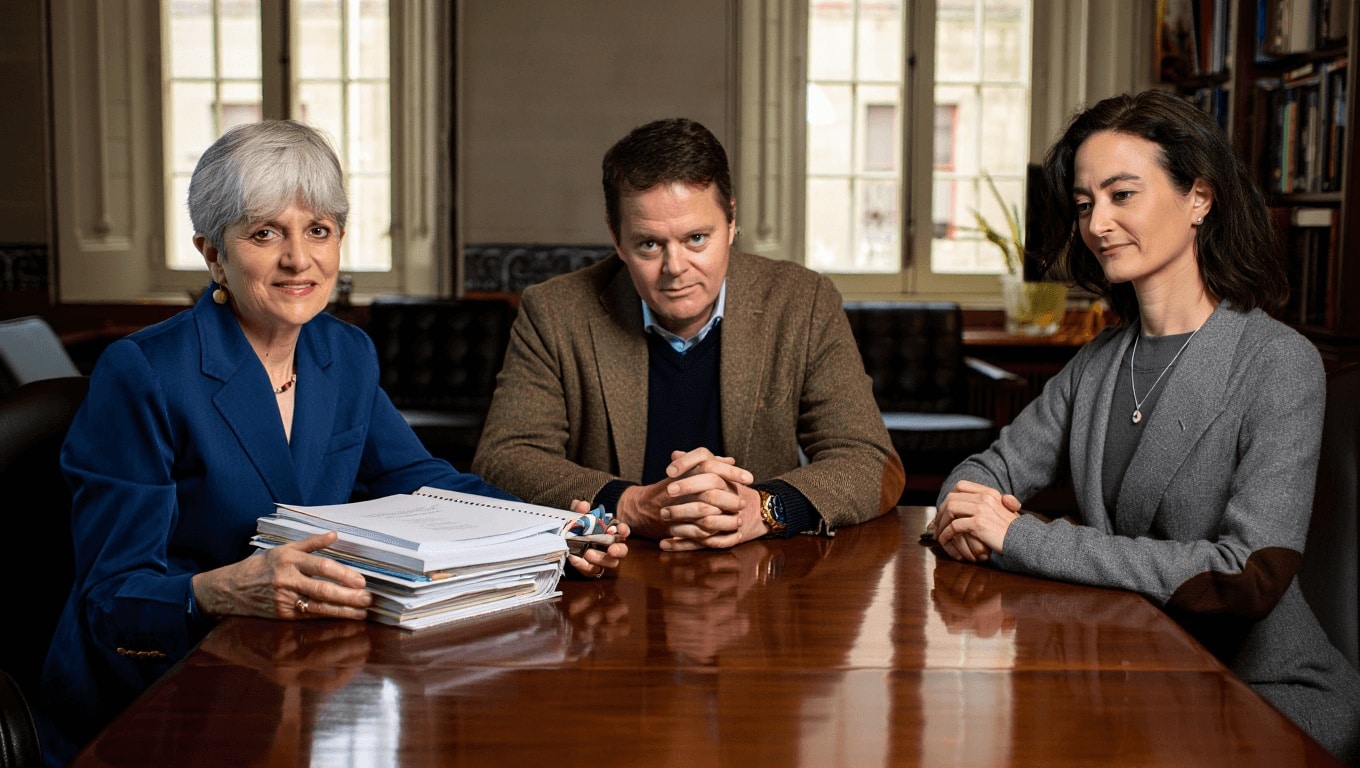Losing a loved one is one of the most profound and disorienting experiences a person can face. The grieving process involves more than just sadness; it encompasses a flurry of intense emotions—anger, guilt, fear, loneliness—that can sometimes be paralyzing, leaving individuals feeling stuck and without the means to move forward. However, the way one approaches this process can significantly impact whether they remain mired in grief or begin to rebuild their emotional equilibrium. Christy Denckla, a professor at the prestigious Harvard T. H. Chan School of Public Health and an expert in social and behavioral sciences, has outlined a comprehensive, evidence-based approach to support individuals through grief and enhance mental resilience. Her recommendations, widely shared in Living Spree and backed by her academic work, provide a concrete and hopeful roadmap for those navigating loss.
Understanding and Expressing Grief
Taylor Swift Blake Lively friendship officially ends after 10 years, no contact since Dec
Super bowl halftime show 2026 sparks outrage as NFL stands firm on Bad Bunny
After the death of a loved one, many individuals try to shield themselves by denying or avoiding painful emotions. Denckla cautions that while this reflex is understandable, it prolongs suffering and hinders healing. The key to overcoming grief, she explains, is to acknowledge, name, and express one’s feelings—be it sadness, anger, confusion, or fear. Only by allowing these emotions to surface can a person process them and move towards a new normal. Each grief journey is unique, and Denckla emphasizes the importance of legitimizing individual experiences and discarding fixed timelines to avoid frustration or guilt over the recovery period.
Social Support as a Pillar of Emotional Relief
Grief often leads to isolation, but turning to one’s support network can significantly transform the grieving process. According to Denckla, family, friends, community groups, religious spaces, or volunteering opportunities can help reinforce resilience and lighten the emotional load. Engaging in conversations about the deceased, accepting practical help, or participating in farewell rituals can all contribute to facing the new reality with increased strength. It’s not just about talking; being listened to without judgment or external pressure is crucial. Denckla points out that in environments with high levels of social support, individuals can find new meaning in their experiences and redefine their lives meaningfully.
Practical Strategies for Navigating Grief
Wednesday season 3 renewed: Netflix confirms Jenna Ortega returns in 2027
3I/ATLAS sparks alien speculation as ‘Black Swan’ comet reaches closest point to Sun Oct 29
- Recognize and validate all emotions: Ignored pain intensifies over time.
- Seek help and share: Support groups, therapy, or spiritual communities can aid healing.
- Maintain physical health: Rest, nutrition, and exercise help sustain emotional balance.
- Honor and remember the loved one: Keeping memories alive through letters, photos, or rituals brings comfort.
- Respect personal timelines: Everyone processes grief at their own pace; there are no fixed stages.
While many people recover with their own resources and close networks, Denckla reminds us that, sometimes, professional help becomes essential, especially if the pain becomes incapacitating or lingers longer than expected.
Denckla’s work is grounded in both her research at Harvard T. H. Chan School of Public Health and her personal experiences following the death of her father during her youth. This event profoundly influenced her life and career, leading her to explore how social factors and context affect how individuals manage trauma. Her approach combines empathy, scientific rigor, and a genuine sensitivity to the emotional complexity of each person’s story. As time passes, Denckla stresses the importance of rebuilding social connections. It’s natural to isolate initially, but reconnecting with friends, family, and everyday activities is vital for rediscovering meaning and rebuilding a sense of belonging. Mutual support and shared assistance are foundational in accepting absence and preventing oneself from remaining anchored in pain. Denckla’s vision offers no shortcuts or instant solutions but provides practical tools for traversing grief with clarity, embracing vulnerability, and finding positive transformation after loss. Engaging in acceptance, sharing, dialogue, remembrance, and reconnection lays the groundwork for a possible path toward healing.
Similar posts:
- Chronic pain: How memory and emotions influence its persistence, health experts say
- Why people relapse after quitting smoking: Discover the benefits of kicking the habit
- Sad And Frustrated And Angry: How The Remark Reframes Ozzy’s Final Months In 2025
- “I Felt Like I Did When I Lost My Mother” Sparks Fresh Debate In 2025 – Here’s Why
- Daily habits to keep your brain young: Prevent dementia with these tips

Daniel Harris is a specialist journalist focused on the crossroads of breaking news, extraordinary history, and enduring legends. With a background in historical research and storytelling, he blends timely reporting with timeless narratives, making complex events and ancient myths resonate with today’s readers. Daniel’s work often uncovers surprising links between present-day headlines and legendary tales, offering unique perspectives that captivate diverse audiences. Beyond reporting, he is passionate about preserving oral traditions and exploring how extraordinary stories continue to shape culture and identity.

